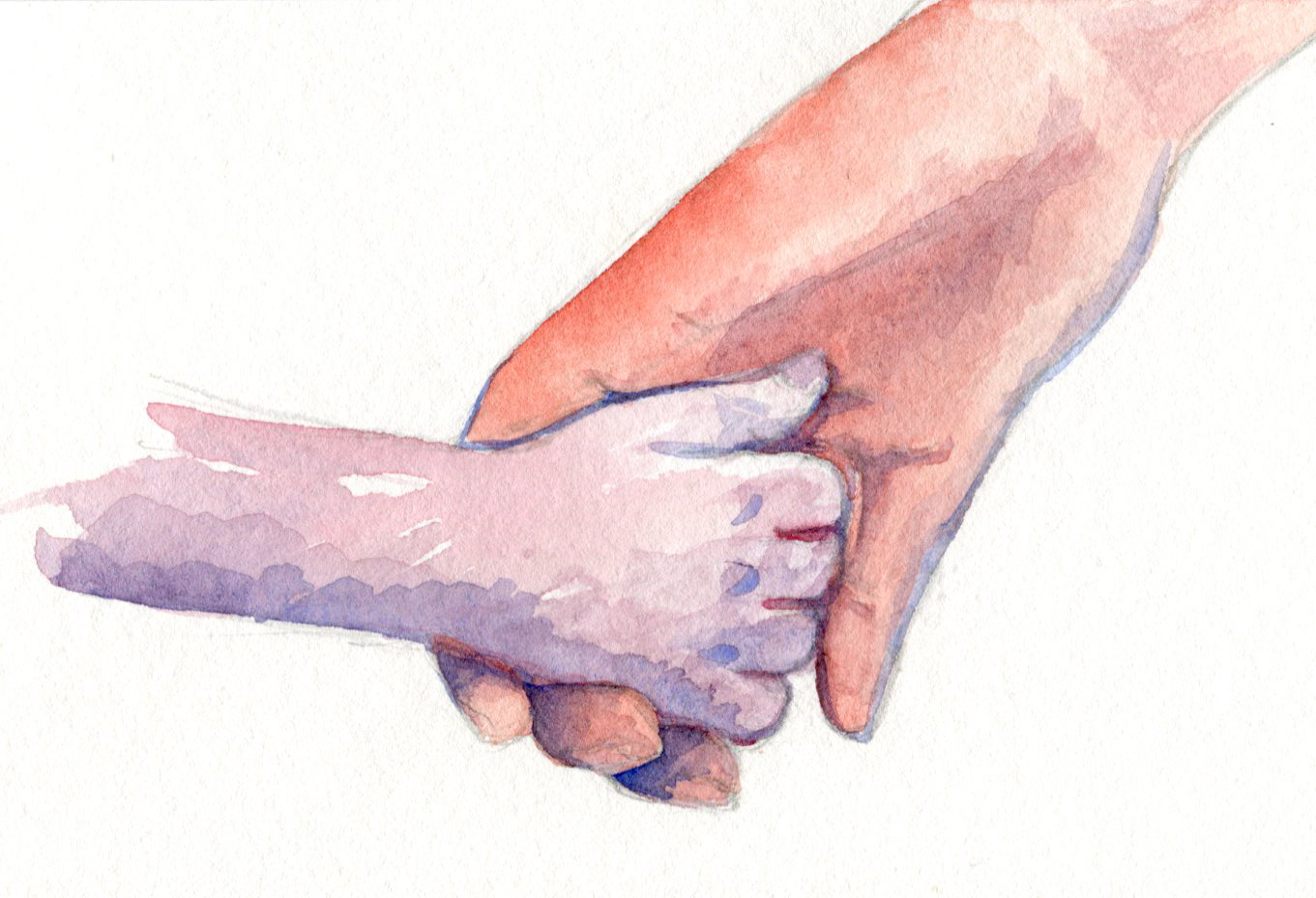 Contributed by Dale Gregory, co-director Broadmoor Preschool, and Kim Vanderheiden, founder of Justice Conversation.
Contributed by Dale Gregory, co-director Broadmoor Preschool, and Kim Vanderheiden, founder of Justice Conversation.
I first met “Teacher Dale” as a new parent participating in a local co-op preschool known as Broadmoor. Over the next four years, I watched as Teacher Dale and her co-director Teacher Colleen guided parents as well as children with a patience and care that made a cohesive community out of families with tremendously varied backgrounds. Dale’s knowledge of child development is rich, extensive, and continually expanding. With compassion and realism, She and Colleen have provided countless parents with added positive tools to pull out in difficult situations with their children. Dale also has a strong interest in justice, values restorative justice practices, and has a ready grasp of the connection between family discipline and problem solving and the larger practices of justice in our society. When I began this site, I knew I had to tap her knowledge. Here is something she shared recently in our conversation about this site:
In gleaning through my favorite approaches to helping children learn how to take responsibility for themselves and their behavior without using punitive measures or without using the general concept of punishment for misbehavior, I come back over and over again to Jane Healy’s Positive Discipline and to Patty Wifler’s hand-in-hand parenting. Both ground themselves in the research that from birth we are wired to connect and when we feel a deep sense of connection, we are able to learn from our mistakes. I’ve decided to start with Jane Healy since she focuses not just on parents but on the importance of teachers building community and using positive discipline techniques in the classroom to redirect children’s misbehaviors.
As with all my favorite experts, the premise is that discipline equates to teaching, not to punishment. Research shows punishment temporarily stops behavior, but is not effective in the long term. Discipline that is loving and kind encourages the offender and demonstrates how to make socially acceptable and respectful choices in their lives. Positive discipline shows children there is a community behind them that wants them to thrive by making those better choices and that community will be there to assist them along the journey. Punishment is imparted without connection to the individual, Discipline requires building relationships, an investment in time with a better, more humane outcome.
Dale recommends the Positive Discipline Association, at positivediscipline.org. Here is some information from one of their flyers:
Five Criteria for Effective Discipline
Effective discipline…
- Helps children feel a sense of connection. (Belonging and significance)
- Is mutually respectful and encouraging. (Kind and firm at the same time.)
- Is effective long – term. (Considers what the child is thinking, feeling, learning,
and deciding about himself and his world – and what to do in the future to
survive or to thrive.) - Teaches important social and life skills . (Respect, concern for others, problem
solving, and cooperation as well as the skills to contribute to the home, school or larger
community.) - Invites children to discover how capable they are. (Encourages the constructive use of
personal power and autonomy.)
The Positive Discipline Parenting and Classroom Management Models
are aimed at developing mutually respectful relationships. Positive Discipline teaches adults to
employ kindness and firmness at the same time, and is neither punitive nor permissive.
The tools and concepts of Positive Discipline include:
- Mutual respect. Adults model firmness by respecting themselves and the
needs of the situation, and kindness by respecting the needs of the child. - Identifying the belief behind the behavior. Effective discipline
recognizes the reasons kids do what they do and works to change those beliefs,
rather than merely attempting to change behavior. - Effective communication and problem solving skills.
- Discipline that teaches (and is neither permissive nor punitive).
- Focusing on solutions instead of punishment.
- Encouragement (instead of praise). Encouragement notices effort and
improvement, not just success, and builds long-term self-esteem and
empowerment..
Dale G regory received her master’s degree in Public Health in 1975 from U.C. Berkeley and has been with San Leandro Adult School since 1988. In addition to Broadmoor Preschool, Dale has taught Tot Time, Kindergarten Readiness, and a variety of parenting classes. She became co-director of Broadmoor Parent Cooperative Preschool in 1997.
regory received her master’s degree in Public Health in 1975 from U.C. Berkeley and has been with San Leandro Adult School since 1988. In addition to Broadmoor Preschool, Dale has taught Tot Time, Kindergarten Readiness, and a variety of parenting classes. She became co-director of Broadmoor Parent Cooperative Preschool in 1997.